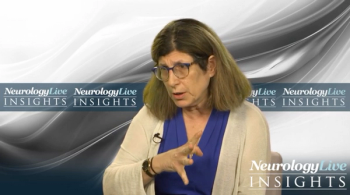
Videos



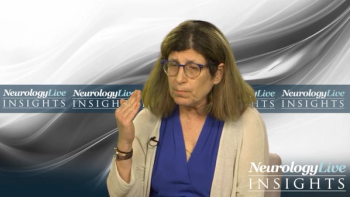

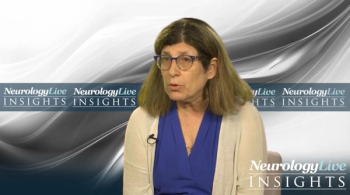
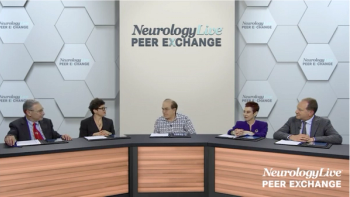
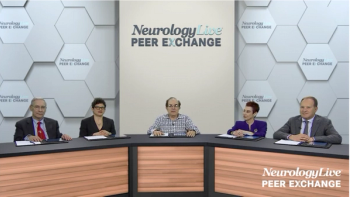
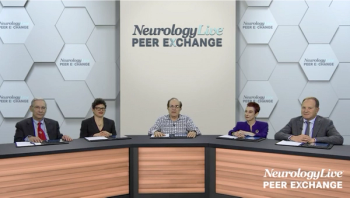

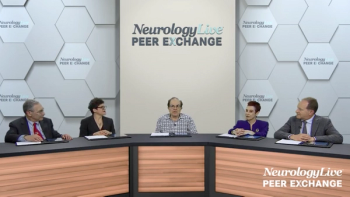

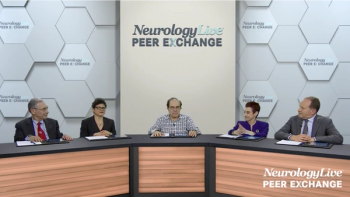







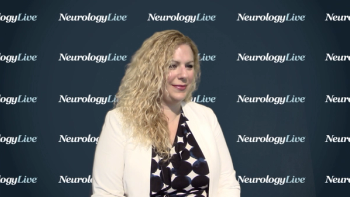
The director of Behavioral Medicine at the Mellen Center for MS Treatment and Research at the Cleveland Clinic spoke about the importance of caring for patients with MS by using a team-based approach.
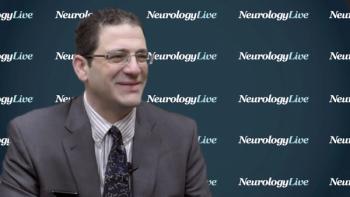
The program director of neurology at Zucker School of Medicine, Northwell Health, reviewed the contributions of neurologist S. Weir Mitchell, MD, and how today’s neurologists can gain insights for their own practice from Mitchell’s complicated history.
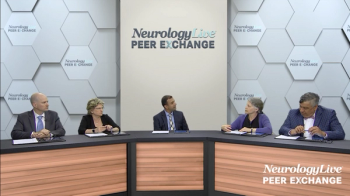
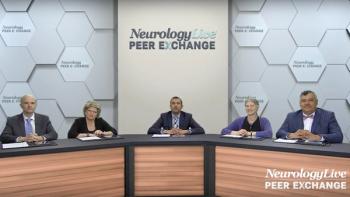






Advertisement
Advertisement
Trending on NeurologyLive - Clinical Neurology News and Neurology Expert Insights
1
CD40L Inhibitor Frexalimab Enters Phase 3 FREXITE Trial of Non-Relapsing Secondary Progressive Multiple Sclerosis
2
Comparative Study Reveals Psychiatric Comorbidities Common in MOGAD, MS, and NMOSD, With Distinct Timing Patterns
3
Real-World Data Analysis Highlight Clinical Profiles and Inebilizumab Use Patterns in NMOSD
4
Cladribine Tablets Reduce Treatment Switches, Outpatient Visits, and Health Care Costs in Multiple Sclerosis
5
